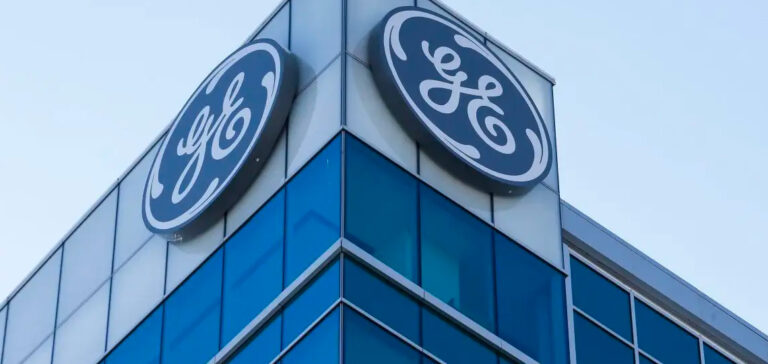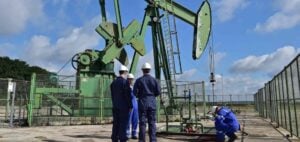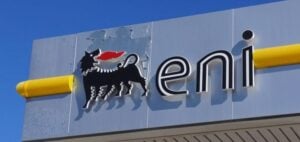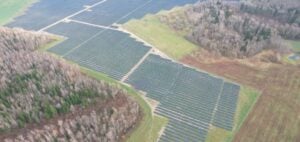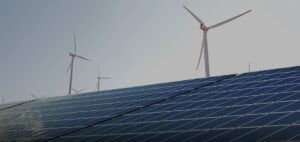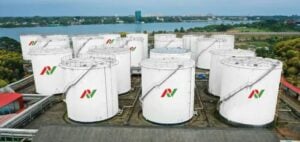General Electric (GE) said Tuesday it posted a third-quarter loss and cut its annual profit forecast, suffering from supply chain disruptions and inflation.
The U.S. conglomerate, active in the aviation, healthcare and energy sectors, lost $55 million from July to September.
On a per-share basis and adjusted for exceptional items, this corresponds to a profit of 35 cents, far from the 46 cents expected by analysts.
GE now expects its earnings per share to be in the range of $2.40 to $2.80, up from $2.80 to $3.50 previously, primarily due to warranty costs and reserves related to its renewable energy unit.
Among the factors that could disrupt its business, the group lists “impacts related to the Covid-19 pandemic, the risk of recession, inflation, supply chain constraints or disruptions, rising interest rates, the value of securities and other financial assets (…), the prices of oil, natural gas and other commodities, and foreign exchange rates”.
Nevertheless, the group increased its revenues for the quarter, reaching $19.1 billion (+3% in one year), better than analysts’ forecasts.
It has been able to count on the good health of its aeronautics and health branches.
On the other hand, sales of its various energy activities (nuclear, gas, steam and wind turbines) fell.
Last year, the group announced its intention to split into three separate entities, specializing respectively in aviation, healthcare and energy.
On Wall Street, GE’s stock was up 1.7 percent to $74.60 in pre-opening electronic trading.

